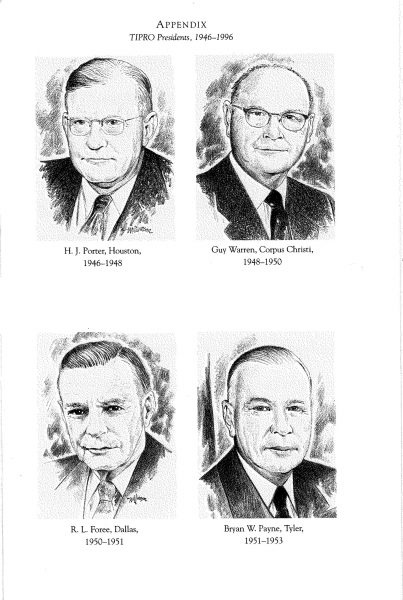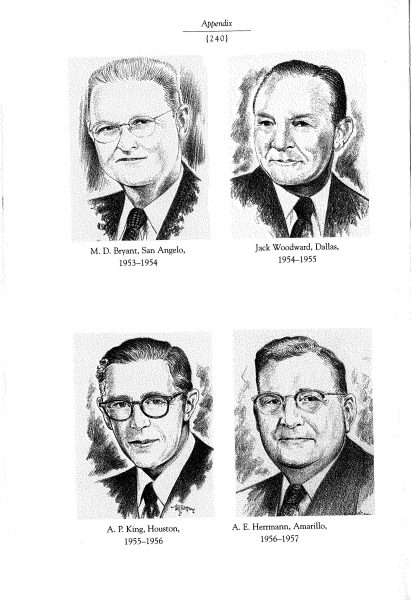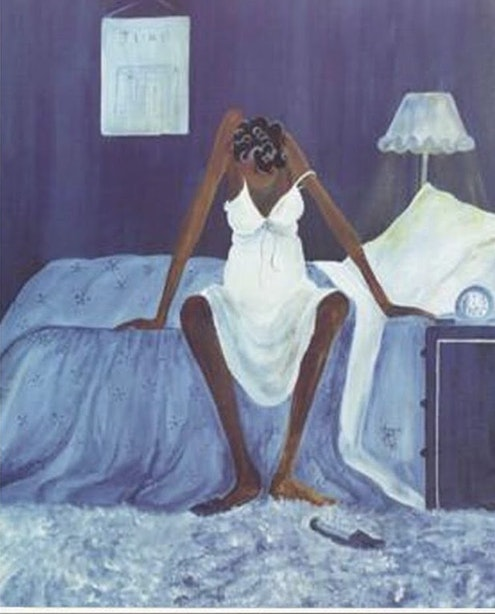President Biden’s decision to withdraw from Afghanistan has provoked a flood of commentaries on our “forever war.” This obviously isn’t the war in Afghanistan, which lasted a long time but not forever. Indeed, Fred Smoler has made a strong case that Biden ended it too soon, given the consequences of defeat for Afghan women. I would be inclined to agree; my political sympathies lie that way. But I suspect that the war failed disastrously long ago, and Trump’s agreement with the Taliban, a virtual surrender, effectively ended it.
Did Afghanistan Have a Chance?
In the main I agree with Michael Walzer—this is almost invariably the case—but since broad agreement is rarely the stuff of mesmerizing political discussion I’ll declare a few reservations.
Do the Wrong Thing
As though, for the first time I saw my country
And, with a pang of recognition, knew
It is all mine and nothing can divide us
It is my soul, it is my body, too
Iris Dement, “From An Airplane”
Everyone’s lost their damn minds. Americans stalk their local chain stores or Arby’s—once thought neutral ground—with an insatiable need to talk politics. Usually in the most asinine and conspiratorial ways.
Hormones
I (Lust)
Shut up kiss me hold me tight
C was from Montreal and she was married to a pretty famous UFC fighter who was training at a big gym in San Jose for an important fight in Vegas. We met on a kink app used mainly by radical queers (or at least queers who like weird sex) and vampiric married couples at the very end of their rope, looking to stave off the apocalypse of the bourgeoisie, or at least to eroticize it.
Goodwyn’s Two Gilded Ages
People Power: History, Organizing, and Larry Goodwyn’s Democratic Vision in the Twenty-First Century
Edited by Wesley C. Hogan and Paul Ortiz (University Press of Florida, 2021).
The history business is a curious gig. In my lifetime at least, it always seems that there’s more at stake in it than ever. It’s increasingly politicized because it is relevant; it’s increasingly relevant because it’s politicized. Fewer practitioners or pundits, these days, idealize a scientific pursuit that is separate from politics: it’s just too obvious how much good and lasting (as well as bad and cringy and forgettable) historical writing comes out of political commitments as well as from sheer curiosity. One of the first lessons they teach undergraduate history majors – in advanced classes – is that even though it’s all about evidence and original sources, history is always shaped by the battles of the present, whether it speaks to those battles explicitly or not. What that means for the ethics and politics of historians, as a guild, is the stuff of grad school – the smoky bar-retreats more than the seminars. What historical knowledge means for progressive politics, too, has remained up for debate.
When I entered graduate school, there were a few books and a few historians who seemed to have, and even to be, the answer. It had been ten years since Lawrence Goodwyn’s The Populist Moment (1978), the slimmed down version of Democratic Promise, and the word we heard was that he had arrived at graduate school with a copy of the manuscript and was told by some august professor, okay… but you have to take some courses before we give you the Ph.D.
Nell’s Kitchen, Larry’s War Room
“Do you need a cup of coffee, comrade?” The offer was generous, the home welcoming. “Open up that thermos,” Larry would say to the visitor, tapping his pack of cigarettes on the kitchen table, with its littered ashtray and open books. “Nell just made a fresh pot,” he’d announce, gesturing with a Styrofoam cup. “Clear off that chair. Have a seat.”
Years later, the cigarettes would disappear, a personal victory over the cancerous southern-based tobacco industry, a win that added decades to his life, before his lungs gave out. It was not his only battle with the insanity of his beloved South—far from it. “We have lots of snakes to kill,” he’d say, ever the Texan, even on Tobacco Road.
Surprise is Your Best Teacher
“Larry Goodwyn has a book out there that nobody talks about.” I was struck by Donnel Baird’s nod in People Power to Goodwyn’s Texas Oil, American Dreams: A Study of the Texas Independent Producers and Royalty Owners Association. Keep in mind Baird is a young black organizer-turned-entrepreneur who runs a venture capital backed startup focused on bringing clean energy and economic development to places like Harlem, where his business is based. (“We are building solar-powered microgrids in New York City’s poorest neighborhoods.”) Now take a look at the first few pages in the portrait gallery of presidents of the organization, TIPRO, that Goodwyn lauded in Texas Oil, American Dreams.


The Ground We Stand On (Redux)
David Waldstreicher’s invocation of Larry Goodwyn’s — and Faulkner Fox’s — role in Durham for Obama reminded your editor to re-up on Goodwyn’s essential First piece on the 2008 campaign…
A Texas Experiment
The harsh restriction on abortion rights just adopted by the Texas state legislature has a curious feature: the ban on abortions after six weeks cannot be enforced by state officials; the police are barred from acting. Enforcement is put into the hands of ordinary citizens—the Texas equivalent of you and me. If any citizen learns of someone involved in or complicit in an illegal abortion, he or she can sue that person. Or, more likely, they can report the offender to one of the civil society organizations that oppose abortion, and its officers will collect the reports and file the suits. The state isn’t involved, and that supposedly means that the law does not violate Roe v. Wade—which, Texans claim, only prohibits state action against abortion, not private action. I doubt that the subterfuge will stand, despite the Supreme Court’s initial refusal to call it out. But there is more to say.
Vaxxing: Reason Alone Can’t Fix It, But Moral Suasion & Mandates Will
They can’t stop asking, what do we have to do to get everyone vaccinated? Here is the current chart in California by county, comparing number of recent cases (blue bars) to percent vaccinated (green bars), as printed in the East Bay Times on September 25th. It’s pretty obvious that the longer the green bar, the shorter the blue bar, and vice-versa. Vaccination works.
Hunter Gets Captured by the Game
Hunter Harris: “Me after spending a week thinking about the fallout from Nicki Minaj’s cousin’s cheating ass friend’s swollen balls”: 
Woke Curators & “Wake, Siren”
Celeste Dupuy-Spencer responds below to a comment prompted by last season’s Alice Neel show at the Met:
“There was a really odd wokey line in an explanatory side-bar to one painting of a black woman who helped Neel around the house. The portrait was of this woman with her infant son…– One of dozens Neel did of moms…and neighborhood people – Anyway – the curators hinted that the picture evoked a certain exploitative relation…- Maybe… but that surely wasn’t obvious…– And I thought to myself – this painter had NO money for decades – no studio EVER… – and lived in hoods the Met curators would never have set foot in…So their tut tuts seems FUCT to me!”
Tiemann Place to Hyde Park (Rites in Sun and Shadow)
Thanks to Columbia U’s expansion, a chump can now get a chi chi egg/sausage McMuffin for $10 in my hood. That bad deal goes down at Butterfunk Biscuit Co—one of four mini-restaurants in the deeply unfunky “Manhattanville Food Market” located on the first floor of a building in CU’s sterile new STEM complex just above 125th St. Don’t this…

make you want to go home to a Pre-Columbian West Harlem?
Christone “Kingfish” Ingram: Straight Out of Clarksdale
Two tracks off Ingram’s 2021 CD, 662:
Black Docker
I am pushing 85 as I write this and take you back to a sleepy Sunday in 1943 when I am six years old and my father has brought me to the Five-Ten-Hall. While a small clutch of men, including my father, speak animatedly about things that buzz above me, my eyes are locked on one man in that group. I follow him wherever he steps, at a certain distance, too shy to approach. I am engrossed in the light that reflects purple and dark blue off his forehead and cheeks and by the contrast of his totally black skin and the whites of his eyes. No doubt such interest is not new to him. When our eyes meet, he smiles at me in a kindly way. The name of this blackest of men was Benjamin Harrison Fletcher. He was among the greatest of IWW organizers and one of the pioneer civil rights leaders of the early twentieth century: unsung and forgotten today.
unCritical Race Theory: The Delta Variant of the Mind
As the immoral philosophers Plant & Page once wrote (something close to) “you need schoolin’; baby, I’m not fooling,”
You Don’t Co-Own Me
When Mr. Cuomo entered the Upper West Side bar, he walked toward me and greeted me with a strong bear hug while lowering one hand to firmly grab and squeeze the cheek of my buttock.
‘I can do this now that you’re no longer my boss,’ he said.
Jules Chametzky R.I.P.
This obituary was jointly written by the Chametzky family et al.
Jules Chametzky, a Jewish boy from Brooklyn who drew on his background in multi-ethnic 20th century New York to fashion a scholarly and civic career that spanned seven decades and two continents, died Thursday September 23 in Amherst, Massachusetts, to which he had moved in 1958. He was 93.
